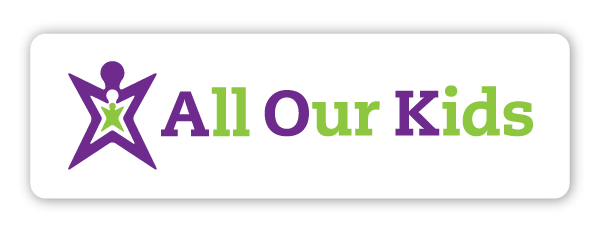A Different Kind of Thanks
It’s significant that Thanksgiving and National Adoption Month coincide. There is so much to be grateful for around adoption, and the spirit of giving thanks comes easily when we think about how our lives are immeasurably strengthened and enhanced by the presence of our children. I’m eternally grateful for my kids, for the experiences we’ve shared, and for the family we’ve created together. They give my life purpose, they bring me joy, and they fill my days with equal parts wonder and frustration – the ying and yang that allows me to live in the moment and mindfully appreciate all aspects of the parenting experience. And I’m grateful for all the foster and adoptive families who open their hearts and their home to children in need – a need that never seems to dissipate.

But this is a different kind of post, during a different kind of Thanksgiving week, in a different kind of year.
This year I’m much more acutely aware of the divisions and lack of equity that exist in our society than I have ever been before. Income inequality, racial disparities, and uneven access to opportunities are intimately linked to our foster care and adoption systems. Too often foster care becomes a child’s experience because their family does not have the support, capacity, or resources to meet their children’s needs in light of their family’s struggles. Domestic violence, drug abuse, and mental illness – the very factors that lead child welfare agencies to protect children by removing them from their families – are all fundamentally exacerbated by issues of poverty and inequality. If we were a society that valued people over profits, that truly believed in the inherent worth of our citizens, that supported the idea of caring for each other as neighbors and friends, that was willing to put children first… then the foster care system would be next to unnecessary. As we express gratitude for the fruits of this system – the families we have – we owe it to those same children to speak out about the fundamentally unjust social systems that helped bear those fruits.
I love my children, and I am so thankful for them. I’m also grateful that I have been in a position to provide stability and love to children in foster care who are no longer a daily part of our family. I’m grateful that there are social workers, attorneys, and advocates who are in the field for the right reasons, and understand the enormity of their responsibility. But I wish none of these children needed us. I wish foster care wasn’t even a thing that had to exist.
So I’m making an effort to express my gratitude a little differently this year. In addition to giving thanks for my family, for the kids I have and have had, I’m focusing my energy elsewhere.
- I’ve become increasingly grateful for the former foster youth and adoptees who strive to educate foster and adoptive parents about their experiences. We need to keep the losses and grief of foster care as central to our narratives as we do the joys and opportunities.
- I’m grateful for child welfare advocates who make every effort to ensure reunifications happen when they are able to happen safely.
- I’m grateful to all the mental health professionals who support birth parents working hard to regain custody of their children.
- I’m giving thanks to my children’s birth parents, for having the fortitude to maneuver the many challenges they have faced with perseverance and tenacity – qualities that I hope our children inherit.
Most of all, I’m grateful for the visionaries of our societies, those who earnestly believe we can do better, and steadfastly work toward social justice so children remain safe and well cared for in their families of origin. Our collective work will be complete when we are no longer needed.
This Thanksgiving, I’m turning the tables a bit. You’re absolutely welcome to join me.
